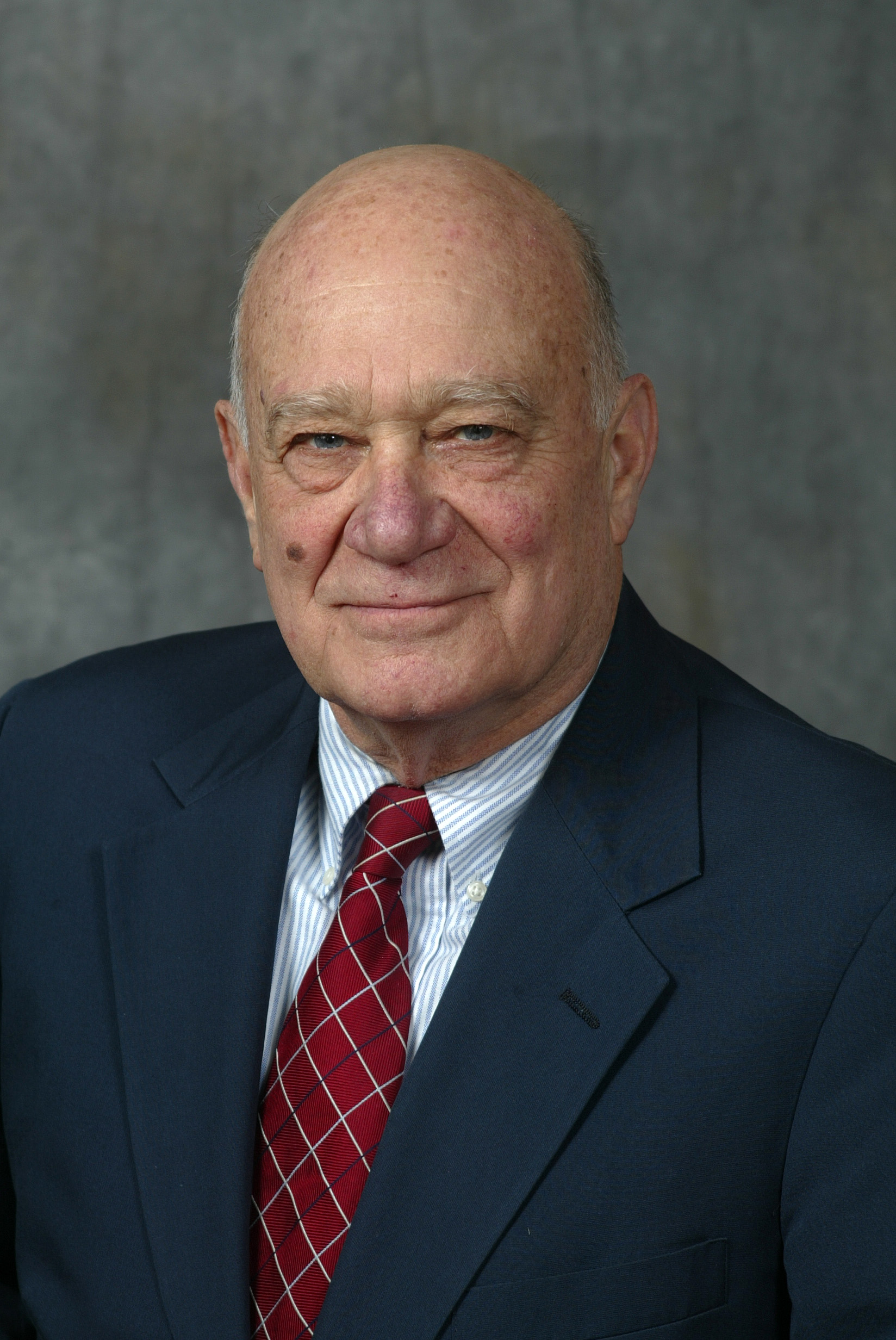As mentioned in my previous column, for the 50th consecutive year I asked my Hofstra students to do a five-minute brainstorming list of 10 people they considered as “the greatest Americans who ever lived.” (The exercise was anonymous to reduce first-day stress; I said I would not respond to questions because they could use any criteria of their choosing.)
For the second class, I distributed a composite list of the ratings by the class and told them about the all-time cumulative list since 1970.
Students seemed surprised when I showed them that their top three precisely matched the top three for Hofstra students over five decades: 1) Martin Luther King, Jr.; 2) Abraham Lincoln; 3) John F. Kennedy (the only leaders’ difference was Rosa Parks was tied with JFK in 2019).
I invited comments on why students chose the people they selected (over the next week as I told friends and relatives about this continuing project, not surprisingly they asked who would be on my list – and why?)
I did give some personal views at the conclusion of a 90-minute discussion. Early on several students said the people they selected were “celebrities;” perhaps that term set a tone because it was mentioned more frequently than in the past.
Still, what was being indicated had been expressed by previous generations of students, just in different terms; they listed people about whom they had heard the most in school, their textbooks, national holiday celebrations, and patriotic culture.
A few centuries ago there were American leaders who regarded education as a form of positive “indoctrination.”
Who would be included on your list? How widely would you apply the term “greatest” to different segments of social impact? Because I did not offer guidelines, year after year students tended to list people who were “well-known,” “a famous person who gets lots of public attention” – the very dictionary definition of “celebrities.”
But that does not mean they are not worthy of being history’s heroes; more depth discourse is needed to determine how those listed were regarded by the people who did the listing.
We had a wider consideration than the annual Gallup Poll (it simply asks people to give two names of the man (woman, separate tally) that they “most admire in the world”).
Gallup does not ask for explanations. Since the 1940s (for 72 years, the U.S. President has been selected 58 times). It is of interest to note that Obama has been chosen first for 11 years in a row, altering the pattern of presidential preferences: 2018 (Obama 19 percent to Trump 13); 2017 (Obama 17 percent to Trump 14); 2016 (Obama 22 to Trump 15).
Dictionaries define “admire” as “regard with respect, with warm approval.”
The dominance of American presidents in the world survey surely also indicates “celebrity.” Indeed, as late as 2017, Hillary Clinton was the choice of Americans as “most admired woman” for 16 years in a row. She has the record of being listed first 22 times, more than any person since Gallup began in the 1940s. (In 2018, Michelle Obama received her initial first-place listing, while Melania Trump was 4th).
Our class discussed ratings by other groups and their criteria – often highlighting the word “influential” (which could be a negative or a positive).
When this year’s Hofstra students explained their views of “greatest” for their listed Americans, affirmations flowed beyond “celebrity” to link them with the classes that came before them for decades.
Because the overall top three have been King, Lincoln and JFK, students, now, as in the past, quickly saw links among the three.
All three were celebrated for affirming and strengthening democracy. More specifically, all three were identified with fostering civil rights and advancing equal justice for all, particularly with regard to race.
My guess is that students (given their age) knew less about Kennedy’s initiatives, but his youthful vigor, Peace Corps and idealism resonated with them. It did not take long for students to focus on the sad reality that all three of their top men had been assassinated. No one in this year’s class knew the song “Abraham, Martin and John” although several told me they were checking it on their phones.
Because these three “greats” were cut down in their prime, while in key leadership positions there was wistful speculation as to how much more they might have achieved, if not for the bullets of killers.
At the conclusion of our discussions, there was broad consensus among the students in seeing King, Lincoln and Kennedy as more than great Americans, but as champions of human rights.



